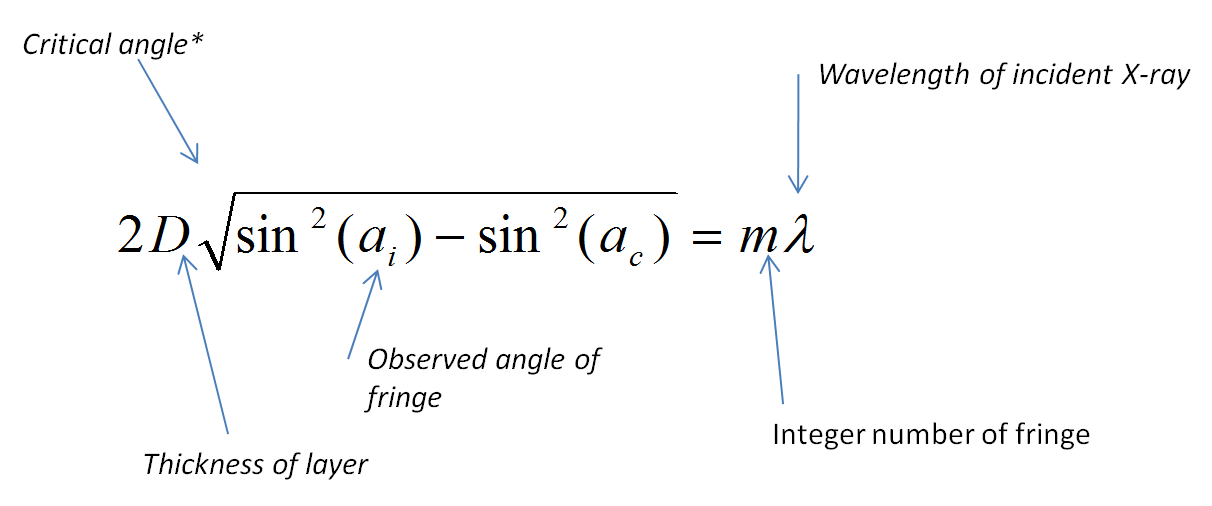X-Rays: Difference between revisions
Jump to navigation
Jump to search
| Line 18: | Line 18: | ||
X-rays have much smaller wavelengths compared to other electromagnetic waves. | X-rays have much smaller wavelengths compared to other electromagnetic waves. | ||
[[File: | [[File:Xrrwl.gif]] | ||
==Examples== | ==Examples== | ||
Revision as of 00:07, 6 December 2015
Short Description of Topic
The Main Idea
X-rays are an electromagnetic wave with high energy and very short wavelengths. X-rays are capable of passing through many materials that would be opaque to light.
A Mathematical Model
X-Ray Reflectivity
A Computational Model
X-rays have much smaller wavelengths compared to other electromagnetic waves.
Examples
Be sure to show all steps in your solution and include diagrams whenever possible
Simple
Middling
Difficult
Connectedness
- How is this topic connected to something that you are interested in?
- How is it connected to your major?
- Is there an interesting industrial application?
History
Put this idea in historical context. Give the reader the Who, What, When, Where, and Why.
See also
Are there related topics or categories in this wiki resource for the curious reader to explore? How does this topic fit into that context?
Further reading
Books, Articles or other print media on this topic
External links
References
This section contains the the references you used while writing this page
